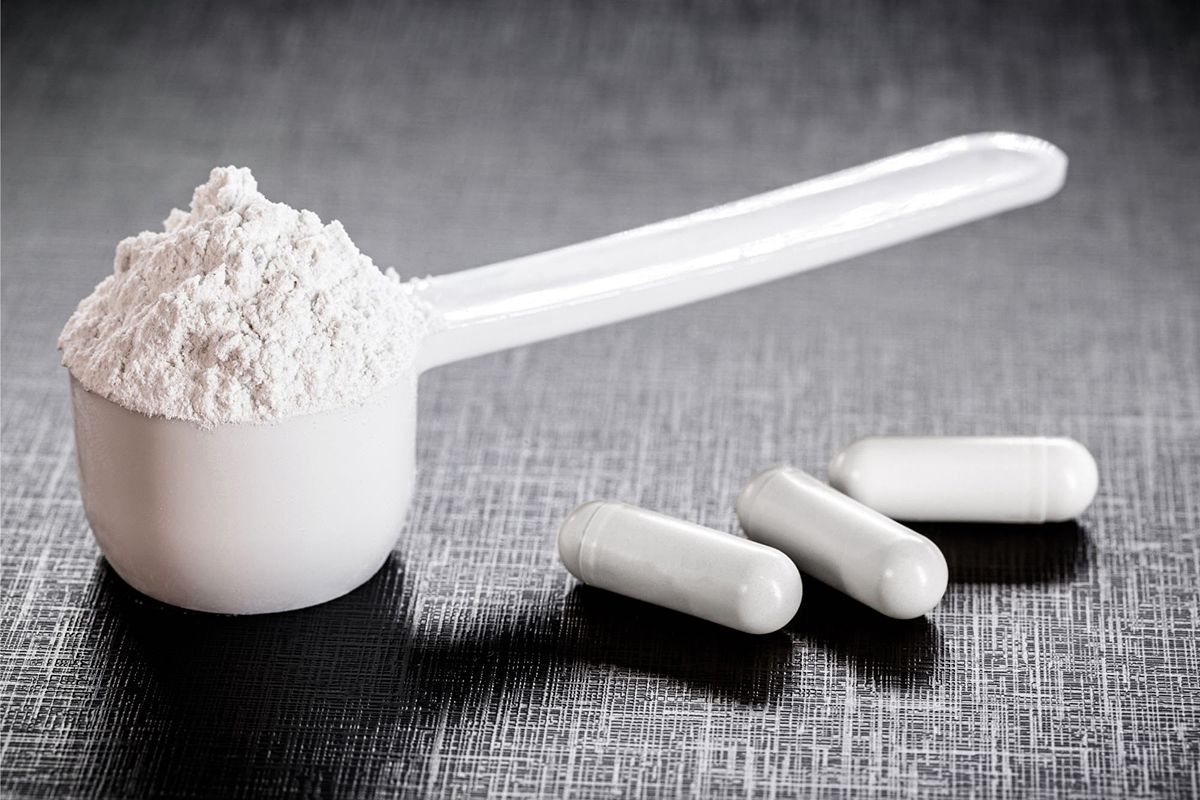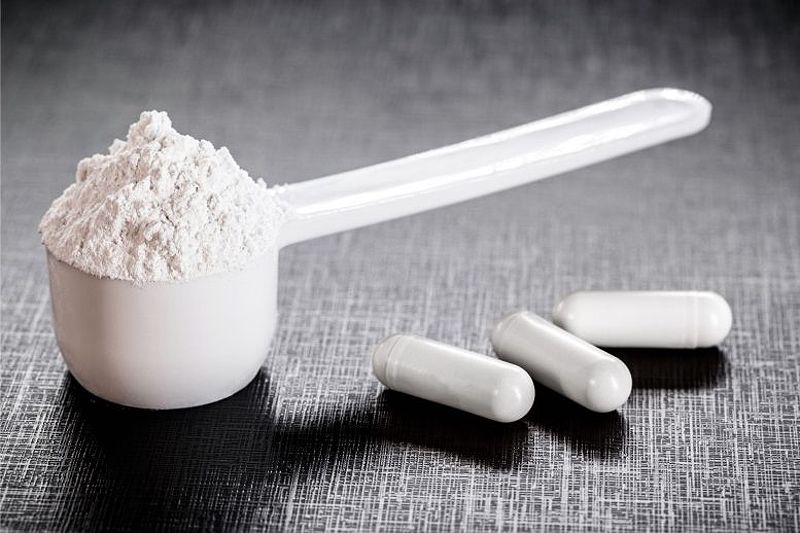Discover the potential cognitive benefits of creatine, a popular supplement known for enhancing physical performance. A recent study suggests that a high single dose of creatine can temporarily improve cognitive functions impaired by sleep deprivation, including processing capacity and short-term memory.
The Cognitive Benefits of Creatine: Enhancing Performance and Memory
Creatine, a popular supplement known for its ability to enhance physical performance, may also have cognitive benefits, according to a recent study conducted by researchers at Forschungszentrum Jülich.
The study found that a high single dose of creatine can temporarily improve cognitive functions impaired by sleep deprivation, particularly processing capacity and short-term memory.
Dr. Ali Gordjinejad, the study's coordinator from the Institute of Neuroscience and Medicine at Forschungszentrum Jülich, explains, "The results suggest that a single, high dose of creatine enhances thinking capacity and induces changes in the brain's energy reserves during sleep deprivation."
The Study: Creatine's Impact on Cognitive Functions
The study involved 15 participants who were kept awake overnight and tasked with solving cognitive tasks during this period.
Prior to the study, the participants were given a high single dose of creatine, a compound found in food and produced by the body.
Within three hours of taking the creatine, the researchers observed a positive effect on brain metabolism and cognitive performance.
The effect peaked after four hours and lasted up to nine hours. Notably, improvements were seen in processing capacity and short-term memory.
Creatine: A Potential Alternative to Coffee for Sleep-Deprived Individuals?
While previous studies have shown cognitive improvements with long-term creatine use, this study focused on the short-term effects.
The researchers considered creatine a potential candidate due to its ability to counteract the metabolic changes caused by sleep deprivation.
However, the researchers caution against excessive creatine intake, as it can pose health risks and strain the kidneys.
Dr. Gordjinejad advises against taking such high doses at home. He suggests that if future studies demonstrate cognitive enhancement at lower doses, creatine may become a viable alternative to coffee for individuals working long nights.
Conclusion: Creatine's Potential for Cognitive Enhancement
In conclusion, the study conducted by Forschungszentrum Jülich suggests that a high single dose of creatine can temporarily enhance cognitive functions impaired by sleep deprivation.
While cautioning against excessive intake, the researchers see potential for cognitive enhancement with lower doses of creatine in the future.


